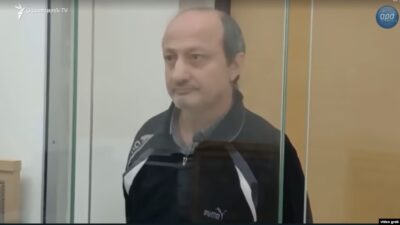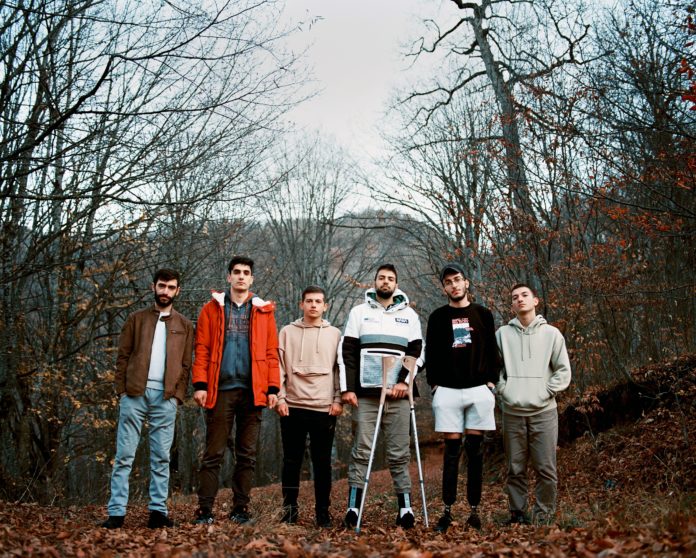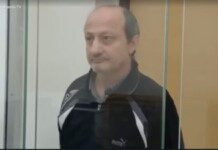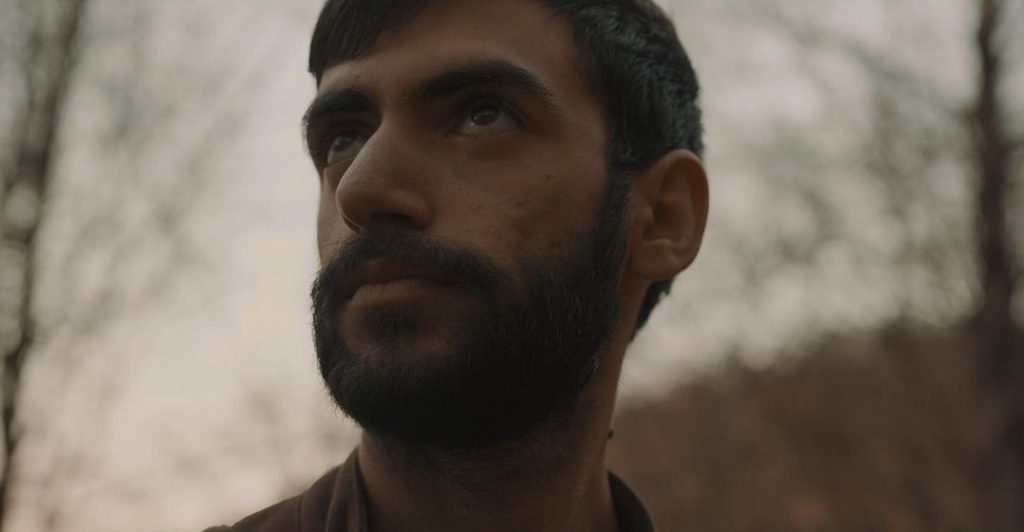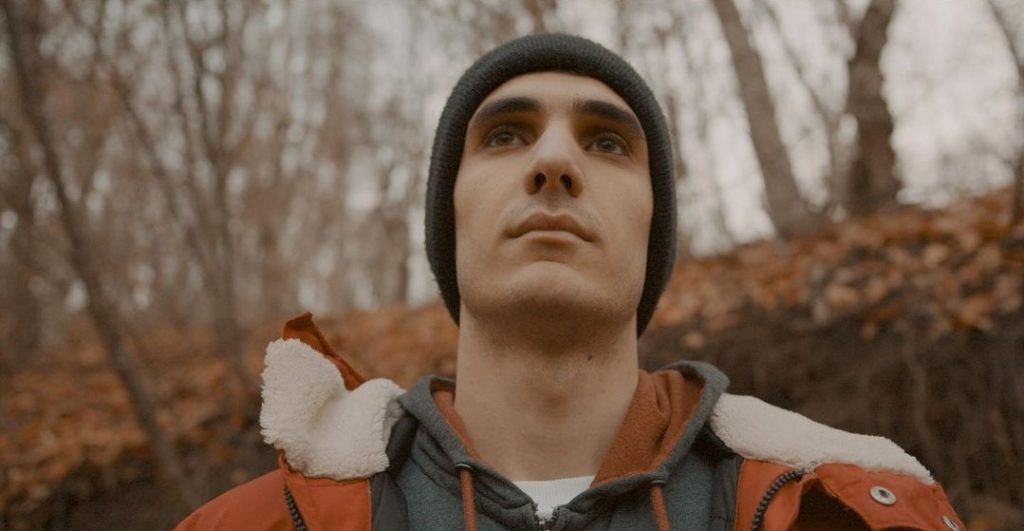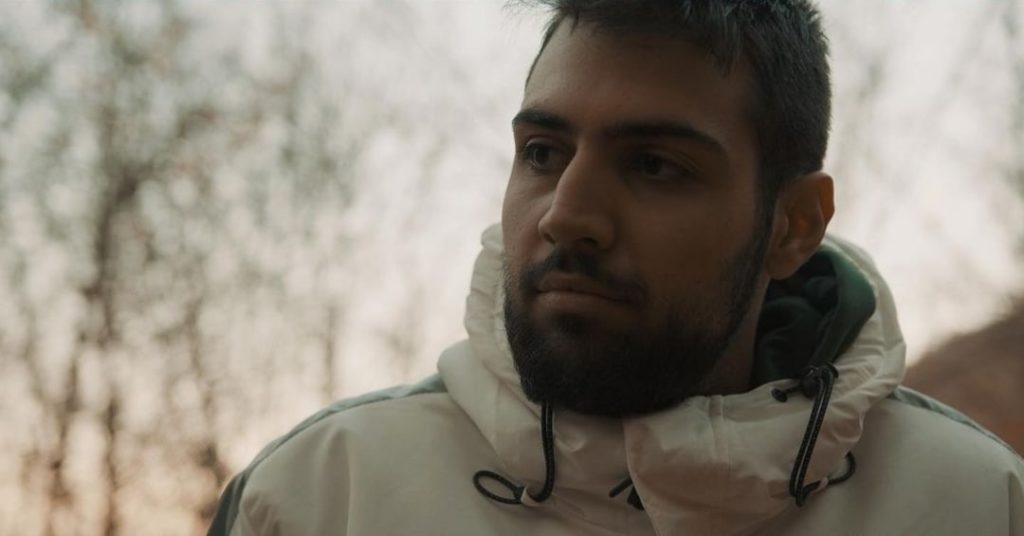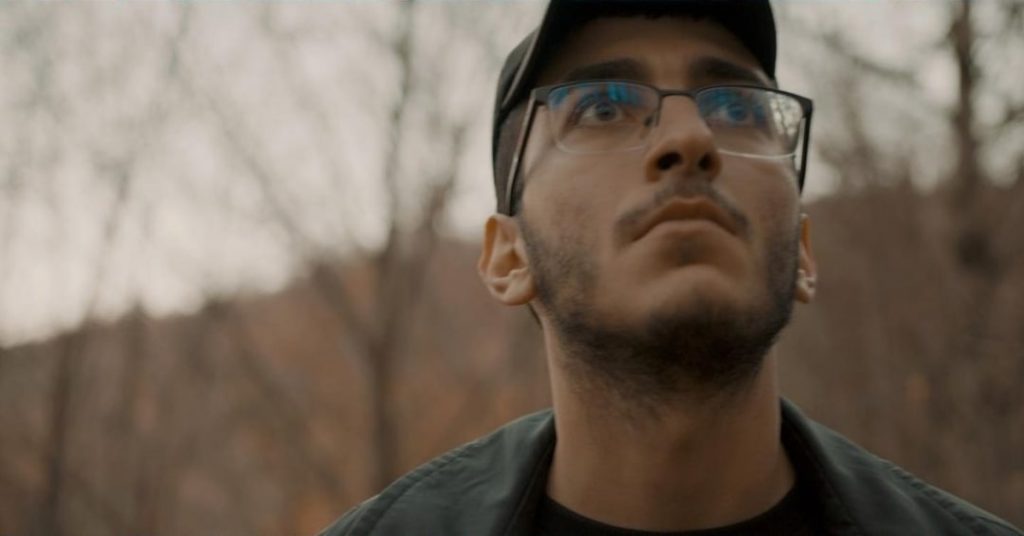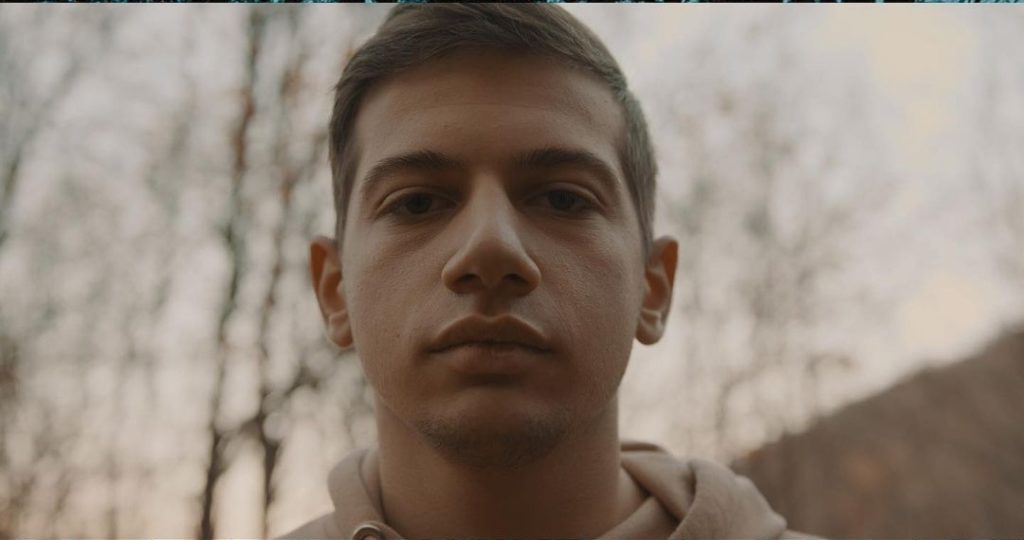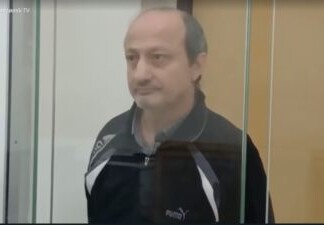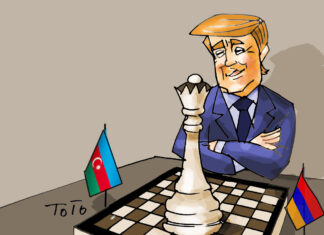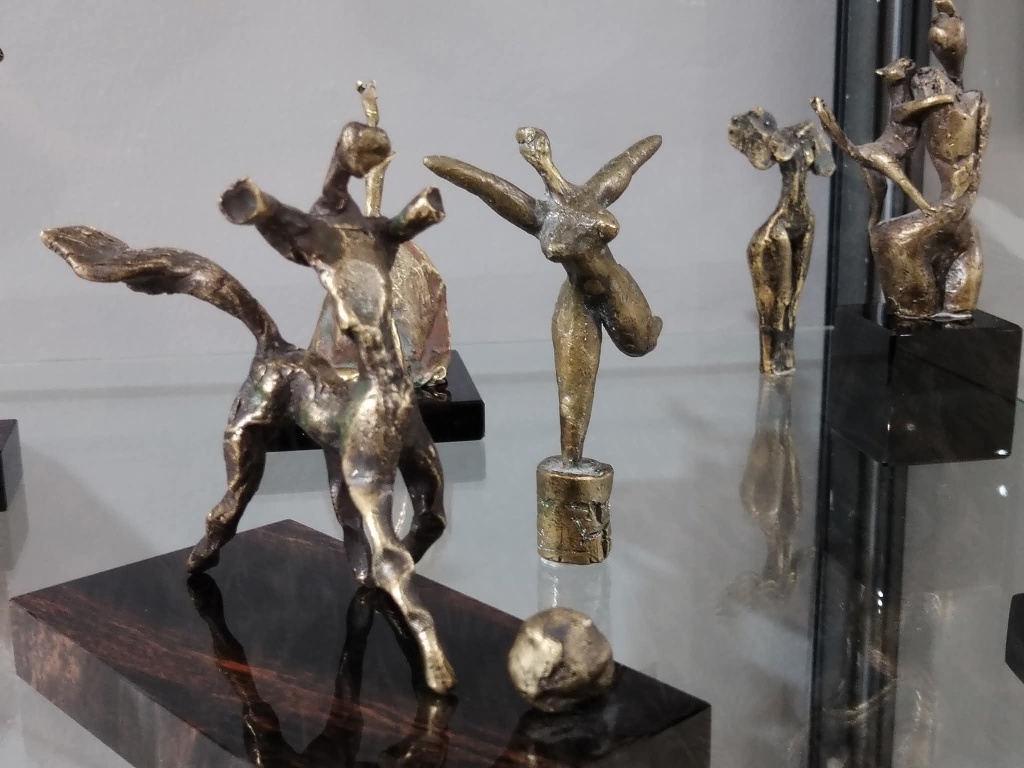YEREVAN — Seventy days in a blockade, wandering around the abandoned villages, leaning on rice and compote. The story of six soldiers who were found alive after the war of 2020 is known to many. After a long recovery, they have reintegrated into their everyday routine and attempt to build a future for themselves and their homeland.
On September 27, Azerbaijan launched a full-scale military attack on the borders of Artsakh, initiating the Second Artsakh war. Soon, as the Azerbaijani army advanced in the territory, the connection was cut off. A platoon scattered in different directions, and six of them, Arthur, Arman, Ruslan, David, Nikolay and Arsen, decided to continue their route together.
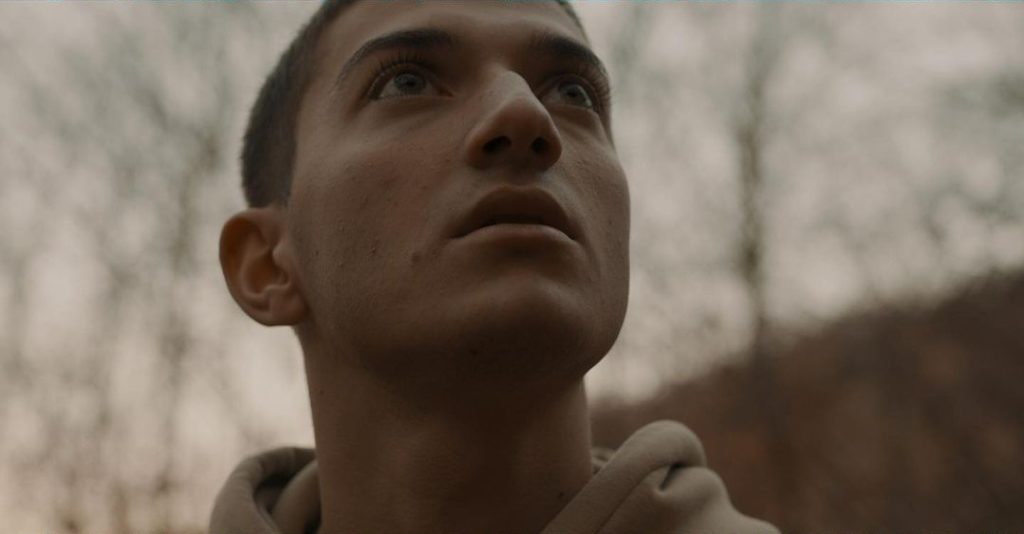
Arthur: How the Story Began
“I imagined what my family was feeling, and it gave me strength to move forward and tell them that I was alive, and they didn’t have to worry,” said Arthur.
Arthur had served for only two months when the war started and had never even held a weapon. As the Azerbaijanis took control over Jabrayil, Arthur’s detachment soon moved towards Hadrut. The commander pretended to be wounded and left the battlefield, leaving more than a hundred inexperienced soldiers alone against the enemy’s strong, composite army. “They kept telling us that they would send additional troops to rescue us, but they never did,” remembered Arthur.
The group had to simultaneously find shelter, feed themselves and care for their wounded comrades. “We were short of food, and once we had to share two tin cans between more than 20 people,” said Arthur.
